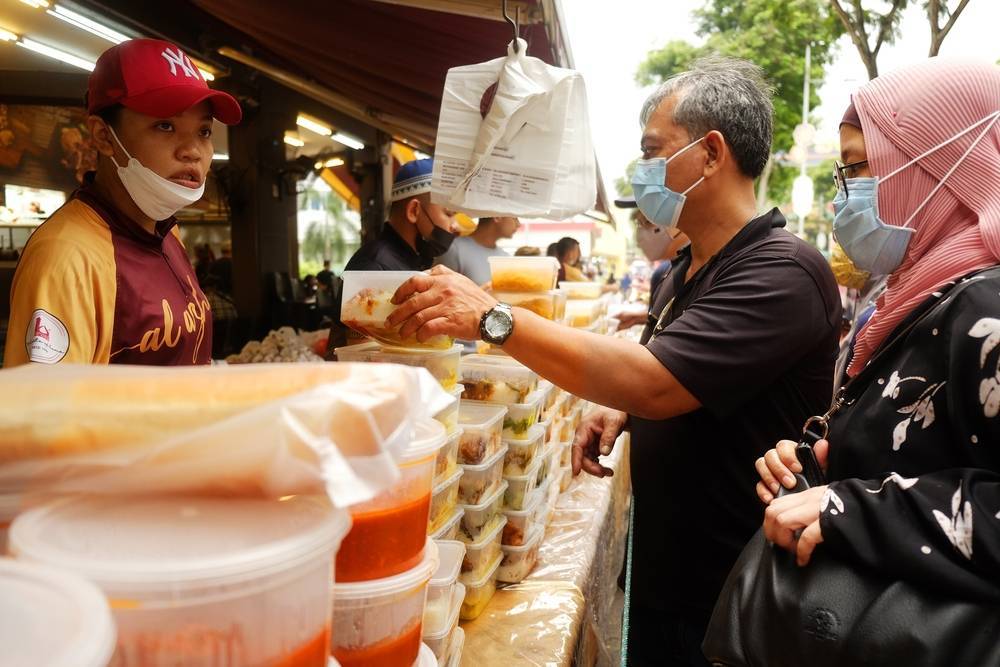Medical Channel Asia presents the weekly Asian medical news bulletin, bringing you essential healthcare news from across the region.
This week, we cover African Swine Fever and more.
Philippines
Moderna plans to establish a Shared Service Facility for Pharmacovigilance in the Philippines, providing employment opportunities for health professionals and serving the Asia-Pacific region. The facility will be Moderna’s third shared service facility globally, following locations in Poland and the United States. Operations are set to begin by the third quarter of 2023. Initially housing finance, pharmacovigilance, medical, and human rights personnel, it aims to employ 40 to 50 people within the year. Philippine President Ferdinand “Bongbong” Marcos Jr. expressed gratitude for the investment, highlighting the advantages it will bring to the country’s healthcare sector.
Singapore
Foreign patients are returning to Singapore for medical care in private hospitals, following the easing of Covid-19 travel restrictions. Before the pandemic, around 40,000 foreigners visited Singapore each month for medical services. Now, Raffles Hospital reports that foreign patients account for 25% of its patient load, primarily from Indonesia, China, and Indochina. IHH group, which operates several hospitals, experienced a 30% increase in foreign patients from April to September 2022. These patients now constitute 20% of IHH hospitals’ patients and 30% of their revenue, as many require treatment for more complex issues due to pandemic-related treatment delays. The influx of foreign patients has contributed to a bed shortage in private hospitals, with some needing to mothball around 10% of their beds due to nursing shortages.
Thailand
Thailand’s health authorities have begun administering annual COVID-19 booster shots as new cases rise following the Songkran holidays. The National Communicable Disease Committee states that people can use any FDA-approved COVID-19 vaccine for the annual booster, regardless of the number of previous doses they have received. The authorities recommend annual boosters for the elderly, those with underlying health conditions, children under five, individuals working in crowded environments, and medical and public health workers. Furthermore, healthcare providers can administer the COVID-19 vaccine and a flu shot in one visit. They give each vaccine in separate arms, and there is no specific delay required if they administer them on different dates.
Malaysia
The Health Ministry in Malaysia has reported five cases of heat-related illnesses, including two child fatalities in Kelantan due to severe dehydration and heatstroke. Sarawak identified three other cases. Health director-general Datuk Dr Muhammad Radzi Abu Hassan warns that hot weather exposure without sufficient hydration can be harmful, particularly for children, the elderly, and those with chronic conditions. Symptoms of heat-related illnesses include headaches, fatigue, dizziness, and muscle cramps. Public health officials advise people to engage in outdoor activities outside of peak heat hours. Also, to drink at least eight glasses of water daily and closely watch high-risk individuals for signs of dehydration.
Indonesia
African swine fever has been confirmed in pigs at an Indonesian farm on Pulau Bulan, which supplied livestock to Singapore. The authorities tested samples after a consignment of live pigs sent to Singapore was found to be infected. Authorities shut down the farm and suspended all live pig and fresh pork shipments from the island since April 21. Singapore has also stopped importing live pigs from Pulau Bulan. The import of live pigs from the island made up around 15% of Singapore’s total pork supply. Singapore sources pork from over 20 suppliers, including live pigs from Sarawak in East Malaysia. Additionally, they obtain chilled or frozen pork from Australia and Brazil.
Vietnam
The first medical clinic for Vietnamese people in Japan, T-Matsuoka Medical Clinic Kanda, was officially inaugurated in Tokyo on April 28. This clinic is expected to become a reliable medical care destination for the Vietnamese community in Japan, helping them overcome language barriers when communicating with doctors during examinations. The clinic has a team of both Vietnamese and Japanese doctors and interpreters, providing healthcare support for the Vietnamese expat community, which is the second-largest in Japan with over 489,000 members.

